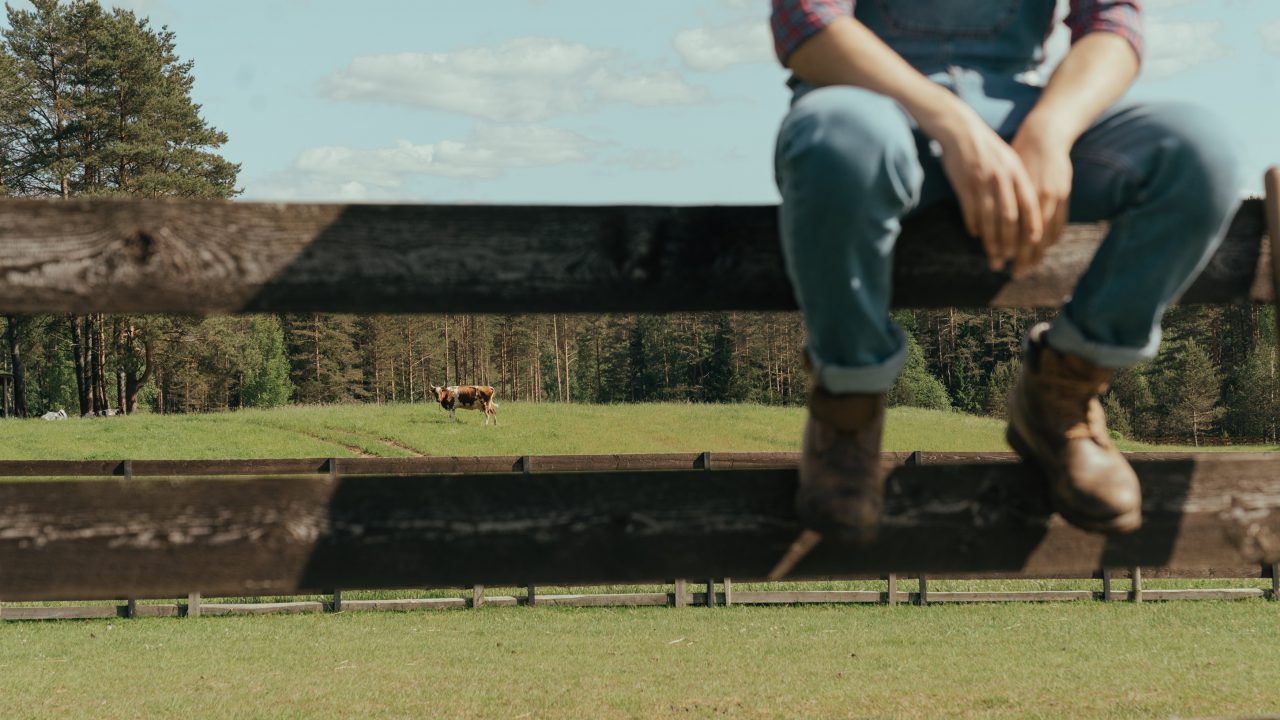The government’s new Climate Action Plan can support young farmers, provided that it is structured properly, according to Macra.
The Cabinet is expected to approve the updated strategy today (Wednesday, December 21).
The document will outline measures which each sector, including agriculture, will have to undertake to achieve emissions reductions targets set down by government.
It is understood that the Climate Action Plan will include diversification options for farmers aiming to strengthen incomes and farm viability.
The final reports of the Food Vision dairy and beef and sheep groups, used to inform the document, have both included recommendations for a herd reduction schemes.
Earlier this week, the Minister for Agriculture, Food and the Marine Charlie McConalogue said that no measure contained in the plan will be forced on farmers.
He said that the agriculture sector has already committed to a 10% reduction in methane by 2030 which does not directly correlate to a 10% reduction in cattle numbers.
Macra
Macra national president John Keane, said that his organisation believes that if the Climate Action Plan is “structured properly with the right measures included, it can pave a real pathway forward for future food producers”.
“Macra has consistently highlighted the need for increased investment for youth in agriculture, in order to ensure vibrant rural communities and a thriving agriculture sector.
“It is the young people who will drive the changes on farm that will be needed to meet our climate obligations.”
Keane said that research published in 2020 showed that a farmer’s age plays a role in the decision to adopt smart farming or precision agriculture technologies.
“What is needed from today’s Climate Action Plan is investment in young food producers to break down the barriers that exist around access to finance, access to land and increased investment support.
“Reductionist food production policy will not serve Irish farmers well or indeed a growing global population, if this climate action plan invests in reduction and curtailment as opposed to opportunity we will see even fewer young people entering agriculture and we will see our rural communities dwindle,” he said.
